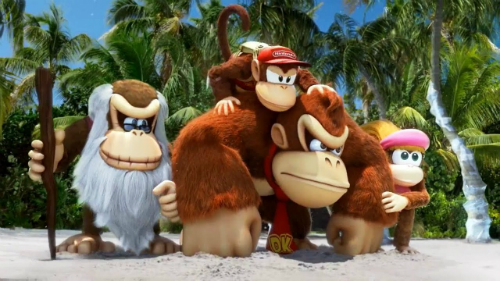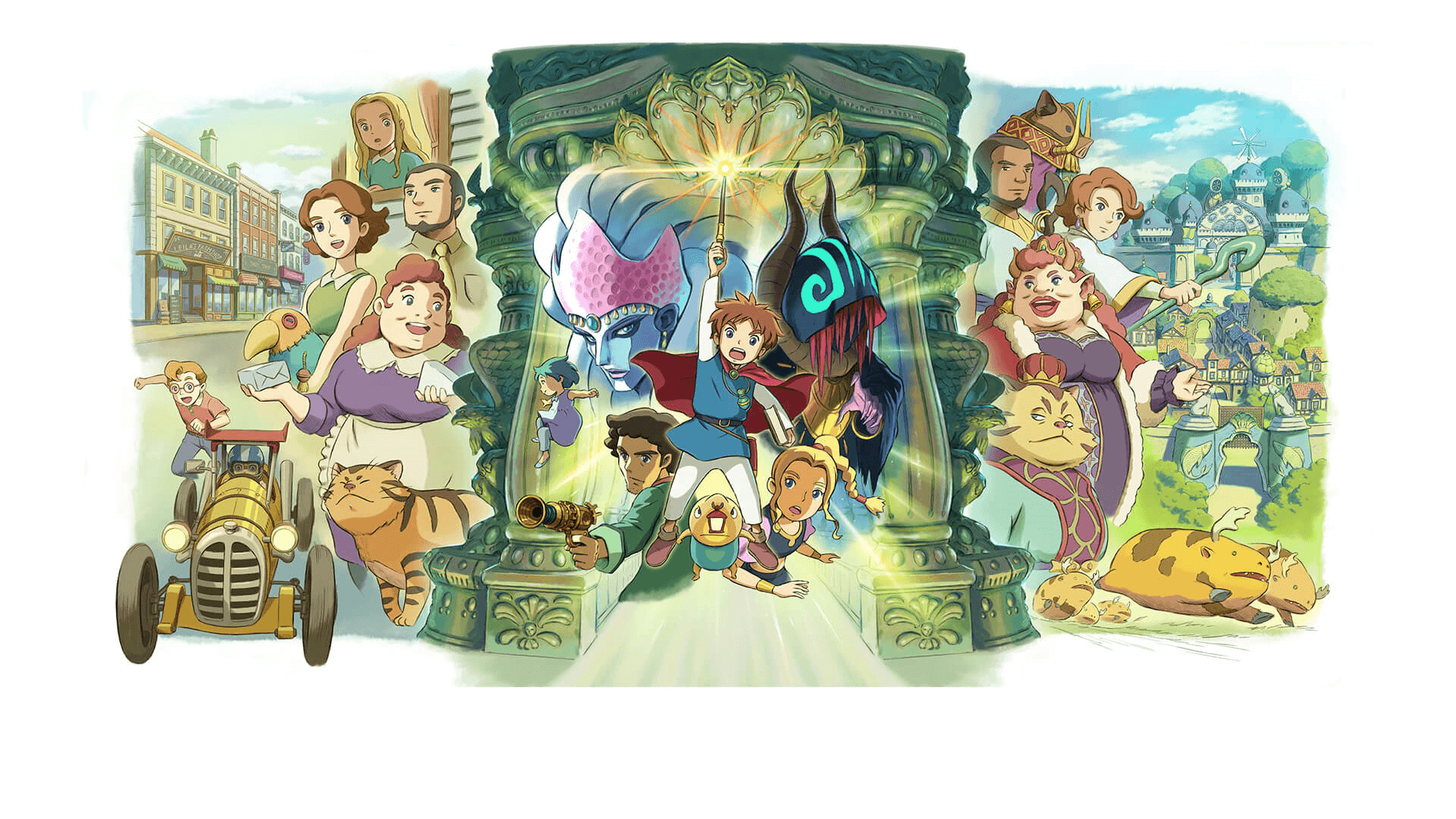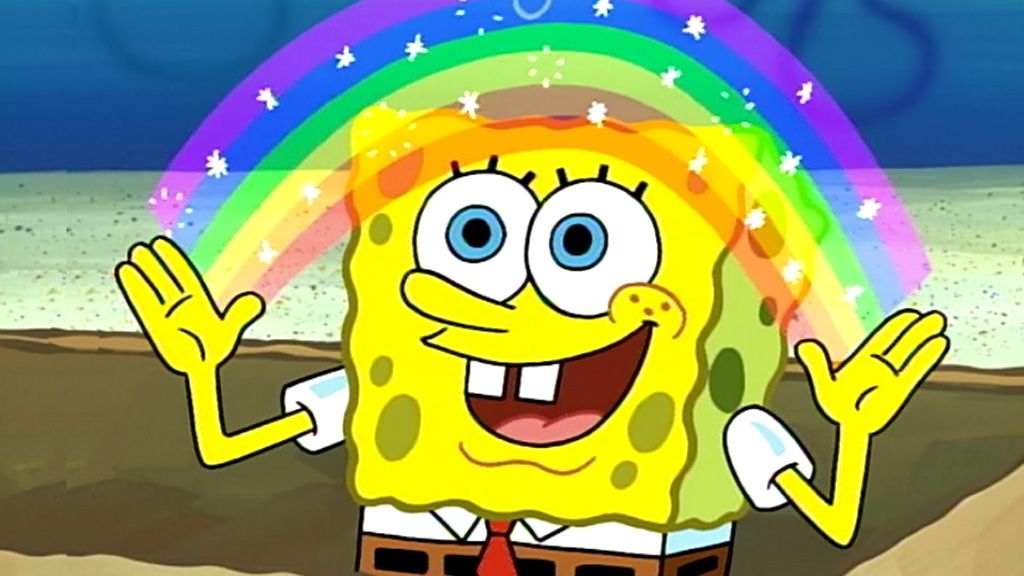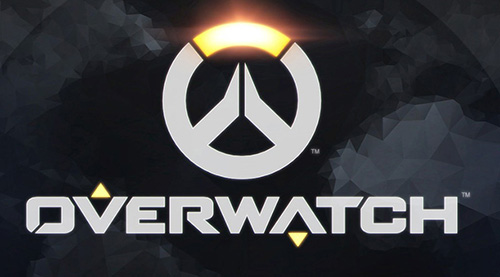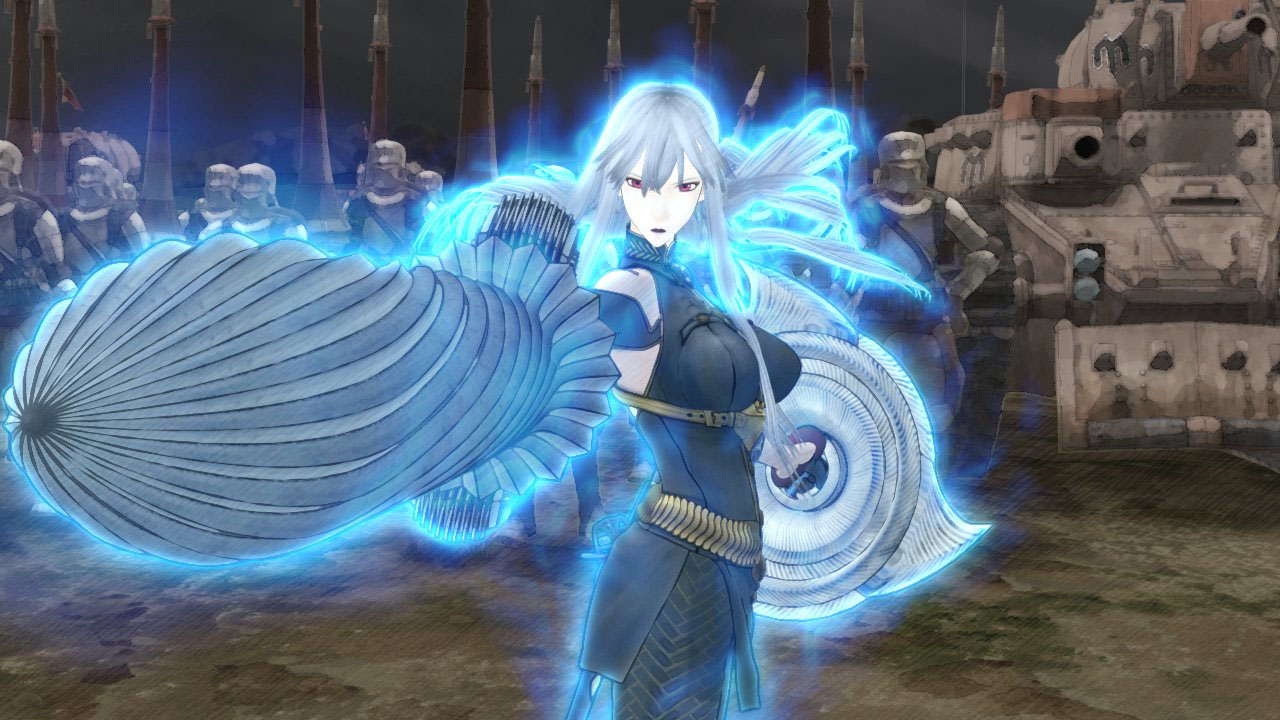
This is something that has always ticked me off to a massive degree. Delisting and removing access to the original and cheaper versions of games prior to releasing a remaster or port is crap. It’s anti-consumer, removes options and is an utterly arbitrary thing that absolutely needs to stop.
The latest example of this practice is Nintendo once again removing a digital edition of a past-released game after announcing a Switch port. The first time this happened was with Donkey Kong Country: Tropical Freeze, where they delisted the cheaper Wii U version prior to the release of the Switch port. Now they’ve done it again, this time aligned with the announcement of Pikmin 3 Deluxe, which retails at significantly higher a cost than its original release on Wii U currently sells for digitally. If you’re so worried that your game won’t sell because there’s a cheaper edition out there that theoretically looks and runs worse, and has less content, you’ve got some problems.
These aren’t the only examples, however, of a developer or publisher suddenly yanking a game from purchase before releasing an updated version of the game. Square Enix has done something similar in the past, yanking games like The Last Remnant from sale on Steam before announcing and releasing an updated version on PlayStation 4, effectively removing access for people to buy a previously existing edition of the game in favour of forcing them into buying a brand new version that doesn’t have a history of sale prices.
Similarly, EA killed off the original versions of Burnout Paradise prior to releasing Burnout Paradise Remastered. Even though Burnout Paradise wasn’t available to play on current generation platforms at all, the last generation versions of the game were delisted prior to release of the remaster. Similar to Nintendo, along with that delisting came a substantial jump in price for the remaster. Obviously you can’t have a cheaper and worse looking version of a game for sale in case it negatively affects the value proposition of your new remaster.
How can you do this the right way? Look at games like Bioshock. When Bioshock Remastered was released, the original last generation versions of the game were left up for sale. While the original PC release was delisted, it was replaced with the better version at the same price point and the enhanced edition given out for free to all who had purchased the original. Additionally, buying Bioshock Remastered on Steam also gives you a free copy of the original PC port, meaning you can still purchase and access that version if you want to.
That’s how you do a remaster release. There was no delisting or cheaper editions of games, nobody lost the ability to purchase the game, the platforms it was available on expanded and some users even got the enhancements for free. That’s the opposite of crap, unlike developers effectively tripling the selling price of a game using a port to a newer platform as an excuse. If the content you’ve added to the game and the enhancements you’ve made aren’t enough to justify a higher price point over buying it at a cheaper price on a dead platform, then maybe you’ve got some problems, but killing consumer choice isn’t the right answer. Delisting cheaper versions of games is never the right answer.

